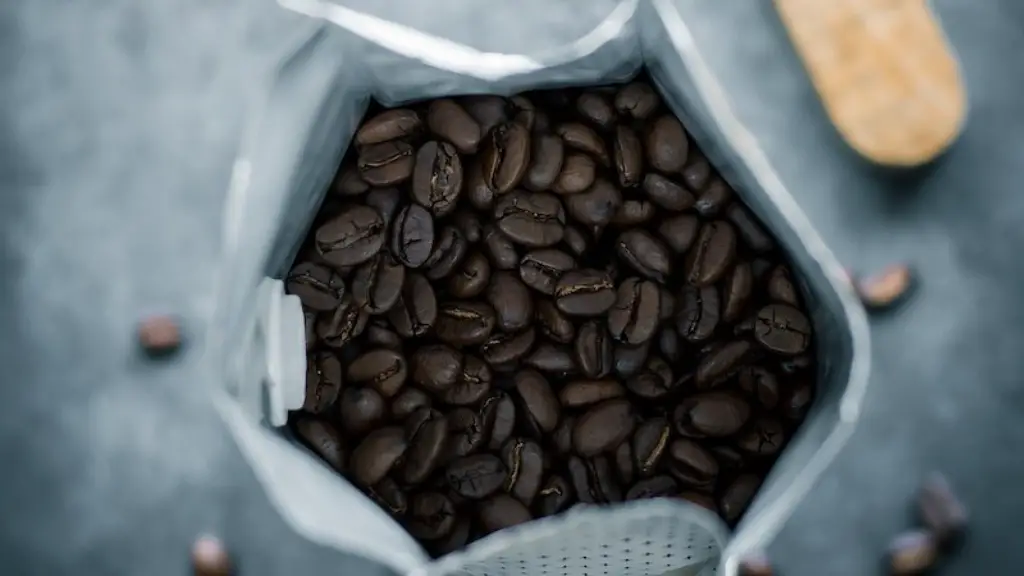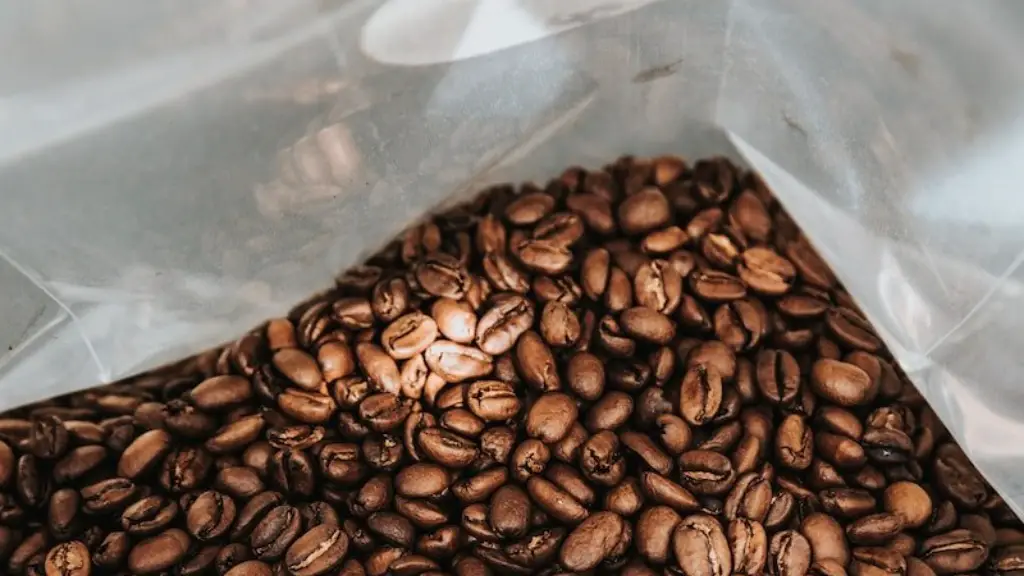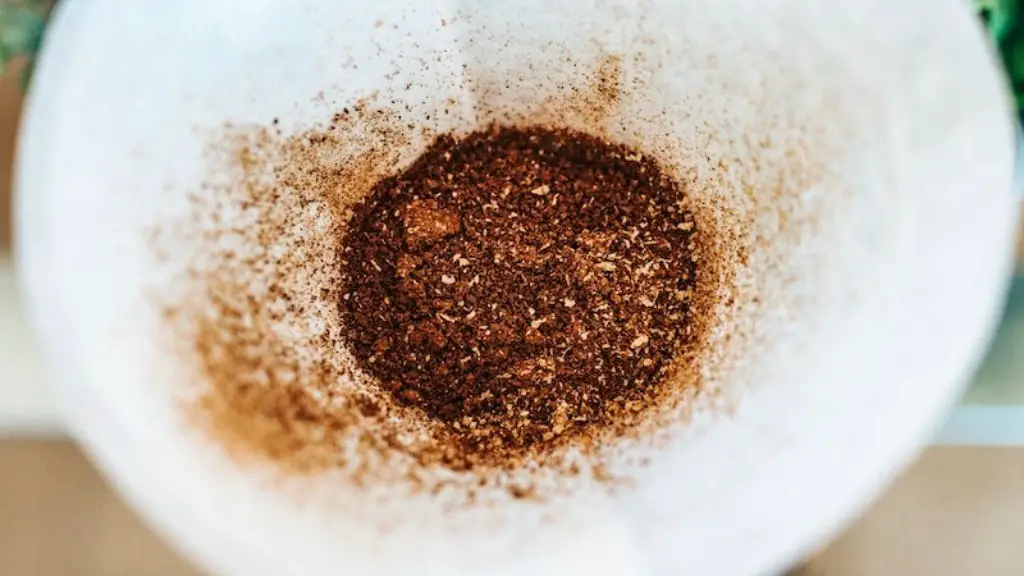Both intermittent fasting and coffee can offer many positive health benefits, but can you drink black coffee on an intermittent fast? Intermittent fasting has become increasingly popular in recent years, as people have realized its potential benefits, such as improved mental clarity, better weight management, and less fatigue. However, while fasting, you may still want to enjoy the delicious flavor and aroma of a black coffee. In this article, we’ll answer this question and discuss the benefits and drawbacks of drinking black coffee on an intermittent fast.
When you are fasting, you are essentially restricting your body’s supply of calories. Black coffee, however, is a beverage that does not contain calories and can still be enjoyed when fasting. This means that if you choose to drink black coffee on an intermittent fast, you are not actually breaking the fast. The caffeine in coffee can help to suppress hunger and can also provide energy to keep you going throughout the day.
However, there are some potential drawbacks to drinking coffee while fasting. Caffeine has been known to increase stress hormones and disrupt the body’s natural circadian rhythm. Additionally, the high acidity of black coffee can irritate the digestive tract and potentially cause indigestion. Therefore, if you are fasting, it is important to consider these potential drawbacks before consuming black coffee.
Experts suggest that if you are going to drink coffee while fasting, it is best to opt for a low-acid, organic coffee. You should also limit your intake of coffee to prevent over-stimulation of your body. Additionally, it is important to be mindful of the additives you add to your coffee, such as milk, creamer, or sugar. These can all contain large amounts of calories and can break your fast.
In conclusion, if you are going to enjoy the taste of coffee while fasting, opt for a low-acid, organic black coffee with no added milk, creamer, or sugar. This will help to minimize potential side effects and ensure that you stay on track with your intermittent fast. However, if you are looking to maximize the potential benefits of fasting, it is best to abstain from coffee entirely.
Does Black Coffee Help Burn Fat?
One potential benefit of drinking black coffee while intermittent fasting is that it may be able to increase your metabolism and therefore help you to burn fat. Caffeine is a known stimulant that can cause your body to increase its production of adrenaline, leading to an increase in your metabolic rate. This can ultimately help you to burn calories more efficiently. Additionally, caffeine has also been known to reduce appetite, which can be beneficial if you are trying to maintain a calorie deficit for fat loss.
However, it is important to note that the science surrounding the metabolic benefits of caffeine is still relatively limited. Additionally, it is important to remember that caffeine can cause other issues, such as disrupting sleep patterns or increasing feelings of anxiety, so it is important to proceed with caution when consuming caffeine during intermittent fasting.
Should You Drink Coffee During Intermittent Fasting?
The decision to drink coffee while intermittent fasting ultimately depends on your individual goals. If you are looking to maximize the potential benefits of fasting, it is likely best to abstain from coffee altogether. However, if you still want to enjoy the taste of coffee and are willing to accept the potential side-effects, then it is possible to consume black coffee during an intermittent fast. As long as you are aware of the potential risks and proceed with caution, drinking black coffee on an intermittent fast can be a good way to maintain your routine while still getting the most out of the fasting experience.
How Much Coffee Can I Drink on an Intermittent Fast?
While it is generally accepted that black coffee is safe to consume while fasting, it is important to be mindful of the amount of coffee you are drinking. Most experts recommend that you stick to black coffee only and limit your intake to one cup a day. Too much caffeine can cause over-stimulation, increased anxiety, and disrupted sleeping patterns. While one cup of black coffee will not likely cause significant issues, it is important to be mindful of your caffeine intake and drink in moderation.
What About Coffee With Cream Or Sugar?
If you want to enjoy the taste of coffee while fasting, it is best to stick to black coffee only. While it is technically possible to consume coffee with cream or sugar, it is important to note that these additions can contain a significant number of calories. Adding cream or sugar to coffee can lead to an overconsumption of calories, which could potentially break your fast. Therefore, it is best to abstain from coffee with cream or sugar while intermittent fasting.
What Are The Other Benefits Of Intermittent Fasting?
In addition to the potential metabolic benefits, intermittent fasting can also offer a range of other positive health benefits. For example, intermittent fasting has been linked to improved longevity, better cognitive functioning, and greater mental clarity. Intermittent fasting can also help in managing body weight and lowering the risk of metabolic diseases. Additionally, fasting can help to reduce inflammation, improve immune system functioning, and reduce the risk of certain types of cancer.
What Are The Risks Of Intermittent Fasting?
While intermittent fasting can provide many potential health benefits, it is important to remember that it is not without risks. If done incorrectly, intermittent fasting can lead to nutrient deficiencies, increased stress, and poor physical performance. Additionally, if you opt to drink coffee while fasting, you need to be mindful of the potential side-effects of caffeine. Therefore, it is important to proceed with caution when deciding to engage in intermittent fasting and to talk to a doctor if you have any concerns.
Do I Need To Fast For Long Periods Of Time?
No, it is not necessary to fast for long periods of time in order to get the full benefits of intermittent fasting. Studies have shown that even a short-term fast can still provide many of the health benefits associated with intermittent fasting. Additionally, shorter fasting windows can be easier to manage and could be a better option for people who may struggle to commit to longer fasting periods.
What Is The Best Way To Start Intermittent Fasting?
When starting intermittent fasting, it is important to do so gradually. Begin by selecting an eating window that is comfortable for you, such as a 12-hour period in the day, and stick with it for a few weeks. This will help you to adapt to the fasting lifestyle without becoming overwhelmed. Additionally, it is important to make sure that you are getting enough nutrients while you are fasting. Eating nutrient-dense, whole foods that are high in fiber, protein, and healthy fats will help to ensure that your body is getting all of the essential vitamins and minerals it needs.



